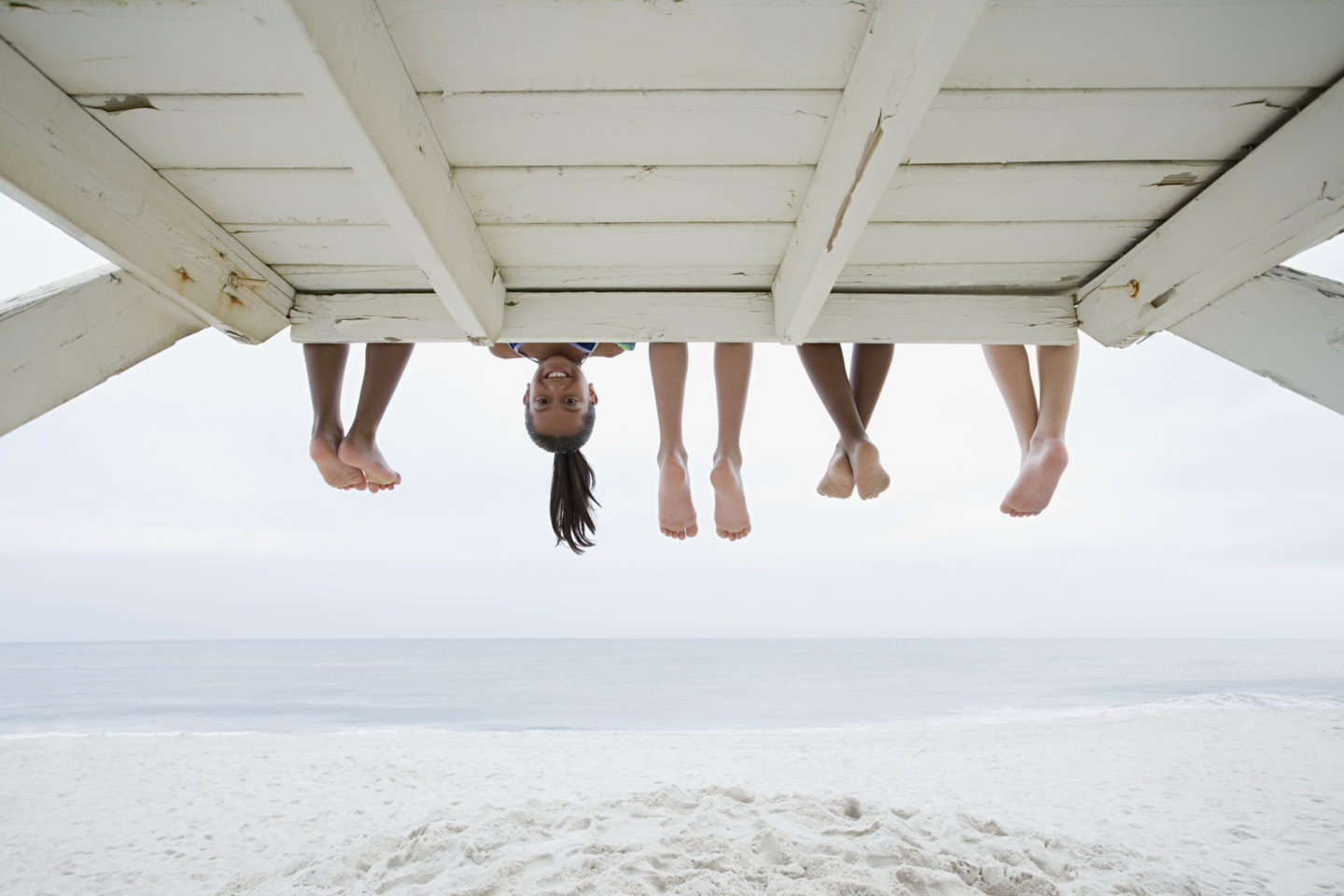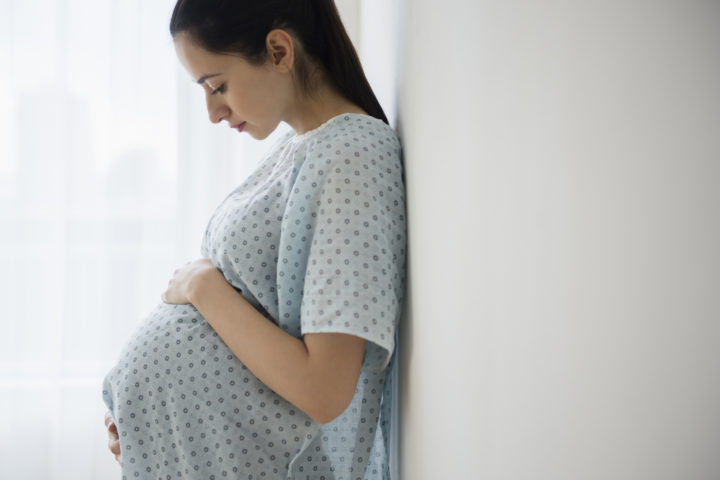I first heard about precocious puberty when I was 15. It changed my life.
I came across the phrase “precocious puberty” when I was 15 in a book I got from the library. It was the sort of book I checked out when my parents weren’t looking because I knew they wouldn’t approve. I chose that book because I was curious about sex and loved to read. I really didn’t think a poorly written and otherwise forgettable book was going to change my life, but it did.
The Mayo Clinic defines precocious puberty as when “a child’s body begins changing into that of an adult too soon.” Before the age of 8 for cis girls. Symptoms include breast growth, getting your first period, and rapid bone and muscle growth, along with “changes in body shape and size” and the “ability to reproduce.”
I was in first grade when I first noticed my breasts begin to poke through my shirts. I would wear multiple bulky shirts even when it was too hot to try and hide them. Pubic and underarm hair began growing in around this time too. It terrified me because no other kid I knew had it, only adults. Since I wasn’t an adult, it had to mean something was wrong with me. Still, I didn’t say anything to anyone.
I stole a razor from my dad so I could shave the hair away whenever it started to grow back. I was terrified someone would see me naked and think that something was wrong with me, the same way I did. I was also tall compared to most of my classmates, towering over them before I stopped growing at 11. Later, I found out this is just another symptom of precocious puberty.
Eventually other people began to notice my changing body too.
When I finally got my first period at 9, I didn’t know what was happening. I woke up one morning while I was at my dad’s house for the weekend to find blood in my underwear and thought something bad was happening to me. I cried hysterically and wouldn’t tell my dad what was wrong when he asked. Deep down I was ashamed and didn’t even know why.
No one thought to tell me about menstruation yet because I was so young. It wasn’t until later when I went back to my mom’s house that she managed to get me to tell her what was wrong. She told me where the pads were and that was that. She didn’t seem to think it was that strange that I was 9 and already had my first period or that I’d been wearing bras since the first grade. Girls on her side of the family traditionally started puberty younger than most. I was just younger still.
But for all the ways that this was normal in my mom’s eyes, it was life-altering for me. At the time, I went back to school and felt so different from my friends. I had trouble relating to them anymore and felt like I was living a secret life where I was, according to my mom, “turning into a woman” and they all still got to be kids.
According to the Mayo Clinic, cis girls have a higher risk of going through precocious puberty than cis boys, and black cis girls have the highest risk of all. Other risk factors include being “significantly overweight” and coming into contact with creams, ointments, supplements, and medications that contain estrogen or testosterone. Certain medical conditions, like McCune-Albright Syndrome, can also increase the risk of precocious puberty. The U.S. National Library of Medicine says that McCune-Albright Syndrome can cause menstrual bleeding in cis girls as young as two. Radiation treatment for Leukemia or tumors is also associated with increased risk of precocious puberty.
The affects of precocious puberty are both short and long term. A study published in Advanced Science and Technology Letters called “A Study of Body Image, Self-esteem and Depression in Girls with Precocious Puberty and Normal Girls” found that girls that go through precocious puberty were more likely to develop negative body image and poor self-esteem, leading to a much higher risk of depression that girls that didn’t start puberty early. Julia Graber, PhD., a psychologist at the University of Florida, finds that girls with precocious puberty tend to have sex earlier and are more likely to abuse alcohol and drugs. Eating disorders are also common. Graber says that “the clearest and most consistent link is between early puberty and depression in girls.”
Developing early also has physical long term impacts on people. Co-author of The New Puberty: How to Navigate Early Development in Today’s Girls, Louise Greenspan, a pediatric endocrinologist, notes that diabetes, heart disease, breast cancer, teen pregnancy, and HPV are more likely to occur in people that start puberty younger than average. NPR also recently reported on a study that concluded that cis women who got their first period at 11 or younger were 80 percent more likely to experience premature menopause, bringing with it increased risk of heart disease, diabetes, polycystic ovary syndrome, and endometriosis.
A study called “Early Puberty, Friendship Group Characteristics, and Dating Abuse in US Girls” found that girls that went through precocious puberty were more like to experience adolescent dating abuse, the likelihood growing higher the more boys in their group of friends. Starting my period and growing boobs before any of my friends made me self-conscious, but my sexualization from a very young age really hurt my self-esteem and confidence. Because of it, I grew up centering my life around men, even if they treated me poorly. I constantly worried about what they thought of me, if they liked me, if I was pretty to them, and thought it was my fault if I wasn’t enough for them. I went through sexual, verbal, and physical abuse and had trouble seeing how wrong it was or how much it affected my sense of self. Even after I realized I liked women, I still prioritized men for a while before allowing myself to finally believe that it was okay to be a lesbian. I finally learned to prioritize myself.
Precocious puberty impacts a large number of children growing up in the United States and can be devastating on their development. It certainly was on my own. I’m older now and have grown as a person a lot since then. I now know the risks precocious puberty might have on my future. Until then, I’ll just keep taking care of myself as best I can and try not to think too much about my embarrassing and horrible experiences with puberty.




comments